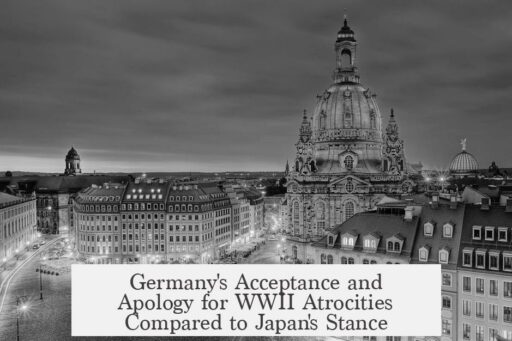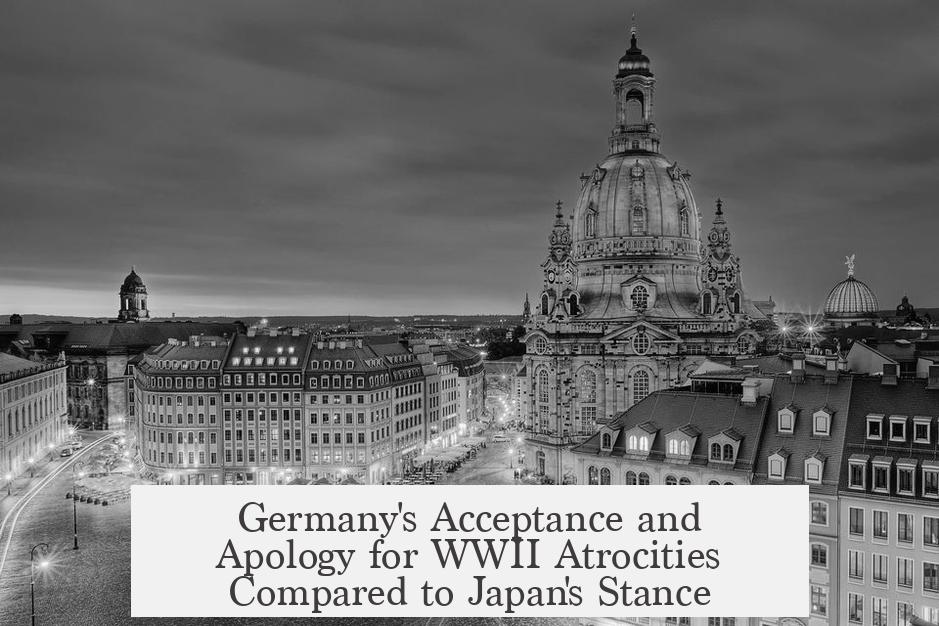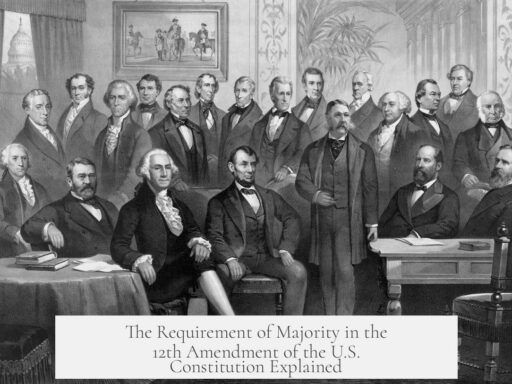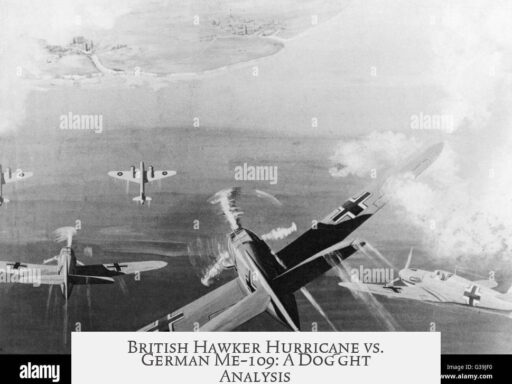Germany has accepted and apologized for World War II atrocities largely due to sustained public reckoning, government leadership, and Allied influence, whereas Japan’s acceptance remains limited, influenced by cultural factors, geopolitical strategy, and post-war governance decisions.
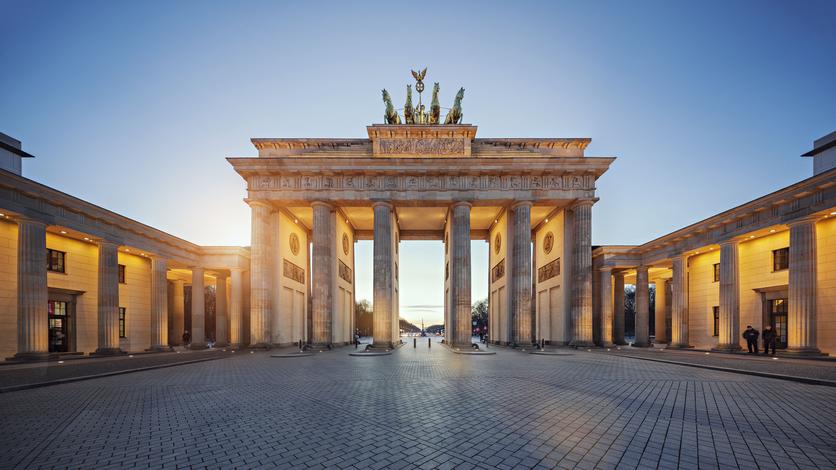
Germany’s path to acknowledgment began with initial denial. After the war, many Germans attributed Nazi atrocities to a small group of fanatics, distancing themselves from broader national responsibility. However, the horrors of the Holocaust, though known, were not fully internalized by the public.
This attitude shifted profoundly in 1979 when the American TV miniseries Holocaust aired in Germany. It sparked widespread public debate, transforming the Holocaust into a central issue in German society. Over the following decades, the understanding deepened, extending responsibility beyond top Nazis to ordinary citizens and institutions.
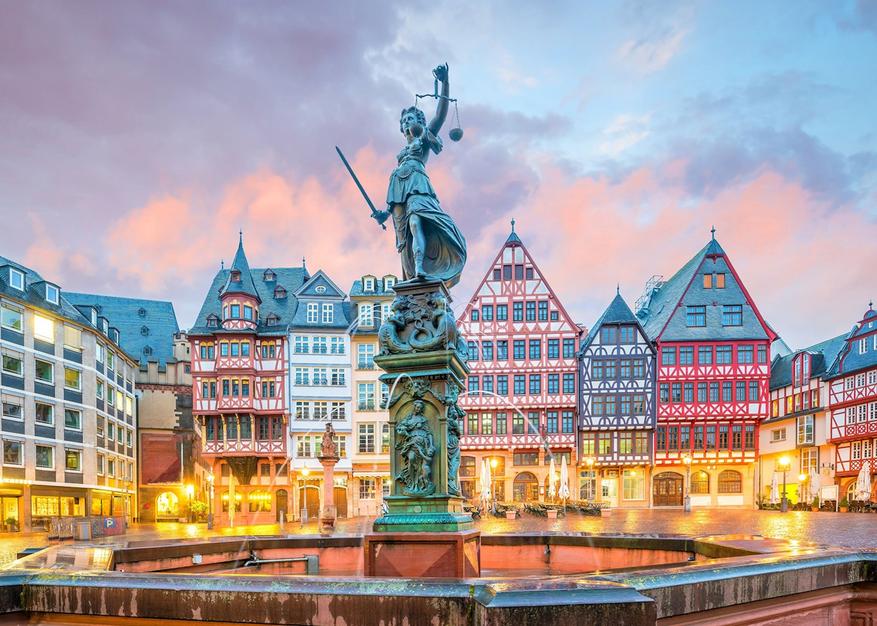
The German government played a crucial role, often leading public sentiment by expressing remorse and supporting Israel. A notable example is Chancellor Willy Brandt’s symbolic act of kneeling at the Warsaw Ghetto memorial in 1970, signaling profound contrition. West Germany’s alliances, especially with the United States, encouraged consistent pro-Israel policies, reinforcing national acknowledgment of guilt.
In contrast, Japan’s post-war situation fostered denial or ignorance of wartime atrocities. Japanese education traditionally omitted detailed coverage of events like Unit 731’s biological experiments, the Nanjing Massacre, and the use of comfort women. Many Japanese grew up unaware or believing Japan was a victim rather than an aggressor during the war.
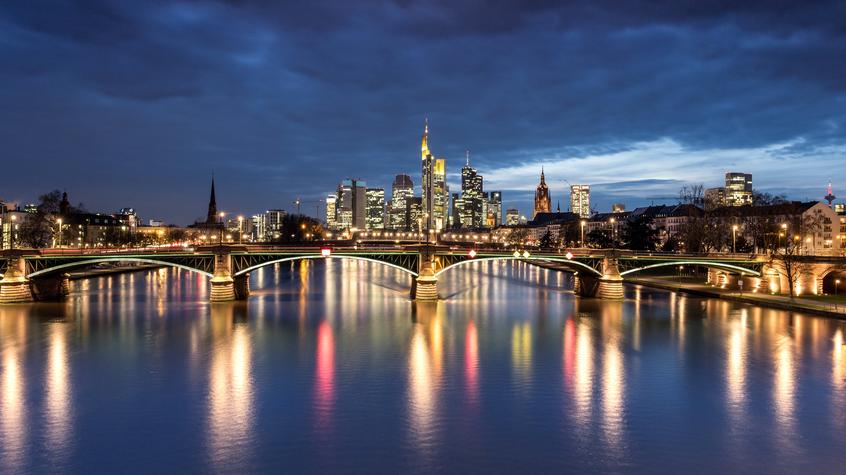
A critical factor was the occupation strategy by General Douglas MacArthur. He deliberately spared Emperor Hirohito from prosecution for war crimes to preserve national stability. The emperor’s exoneration prevented the Japanese from confronting the full reality of their leadership’s wartime role. It allowed the national narrative to sidestep deep scrutiny and responsibility.
Additionally, the United States covered up Japan’s Unit 731 experiments, granting immunity in exchange for research data. This secrecy minimized public knowledge and accountability for one of the war’s most heinous crimes.
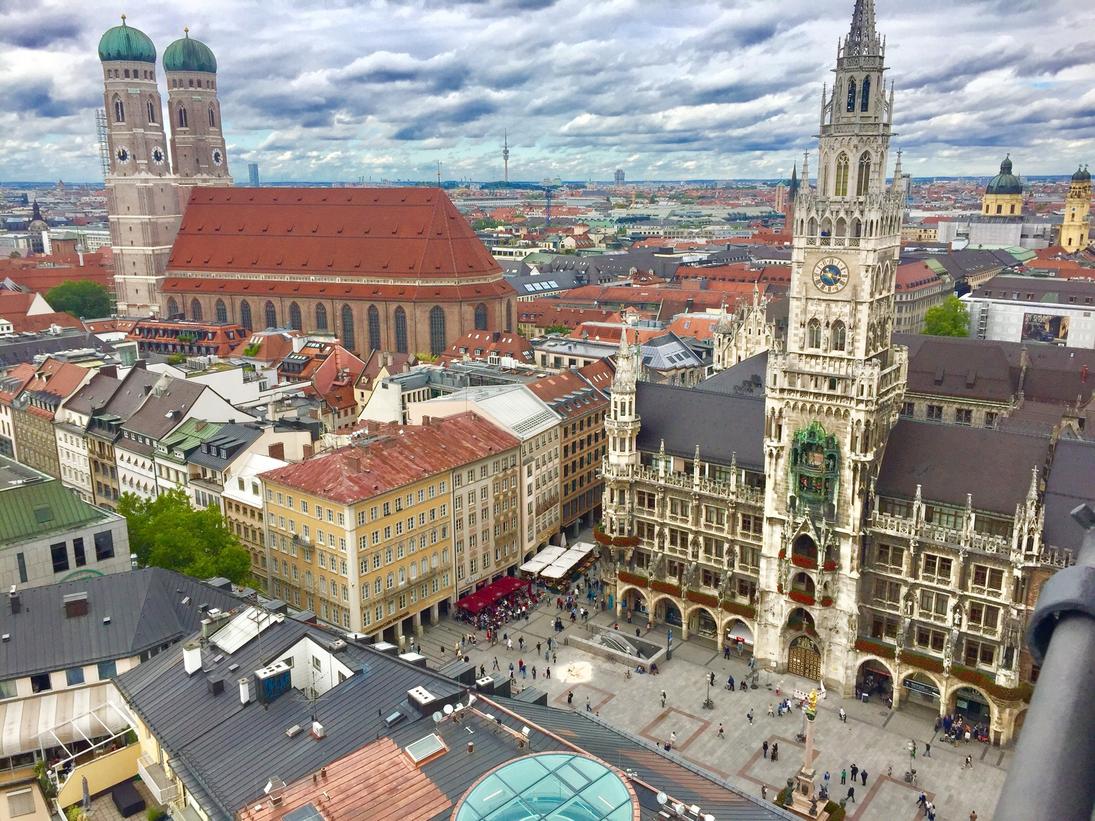
Japan also lacked strong external pressure to accept blame. Unlike Germany, which faced denazification programs and extensive Allied intervention, Japan’s generals and soldiers were not comprehensively held accountable. The U.S. refrained from imposing harsh reparations or demanding public admissions, partially to maintain Japan as a strategic ally in the Pacific during the Cold War.
Geopolitical dynamics further complicated Japan’s situation. Relations between Japan and China normalized only decades after the war, delaying discussions about wartime responsibility. Territorial disputes and rivalries with Asian neighbors continue to make official apologies politically sensitive. Japanese leaders often perceive apologies as threats to national “face,” risking domestic backlash in a society valuing honor and collective reputation.
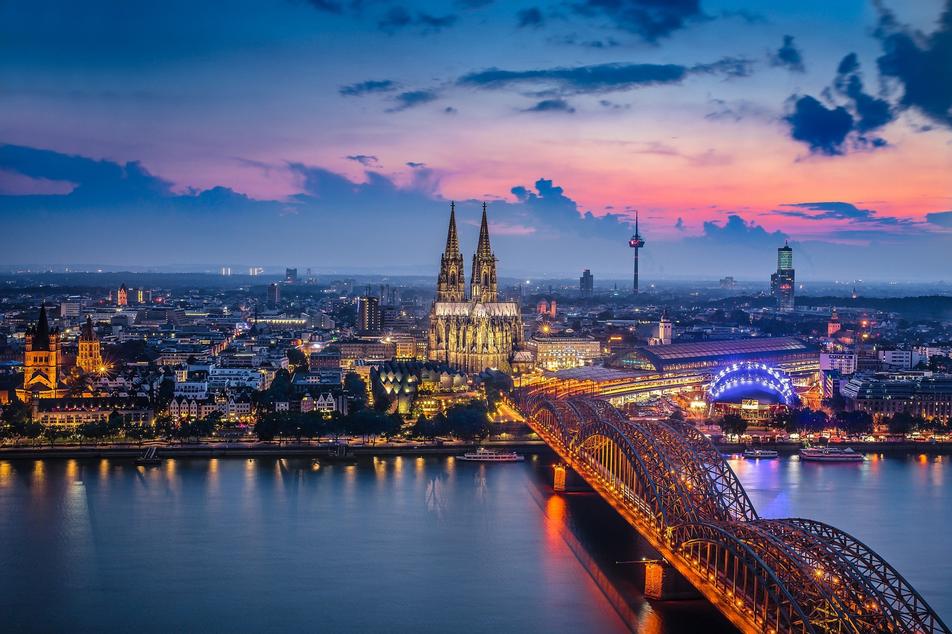
Japan’s cultural context favors face-saving and social harmony, discouraging open acknowledgment of shameful past actions. Many Japanese citizens reportedly react with denial or defensive nationalism when confronted with wartime crimes. Unlike Germany, where free speech includes penalties for Holocaust denial, Japan’s legal environment allows outspoken revisionism without punishment. This permits nationalist narratives to persist.
The survival of Japan’s imperial family also complicates matters. The emperor is historically linked to wartime militarism. Removing imperial reverence would be a major national upheaval. It is viewed by some as a prerequisite for sincere apologies and reparations, particularly to countries like China and Korea.
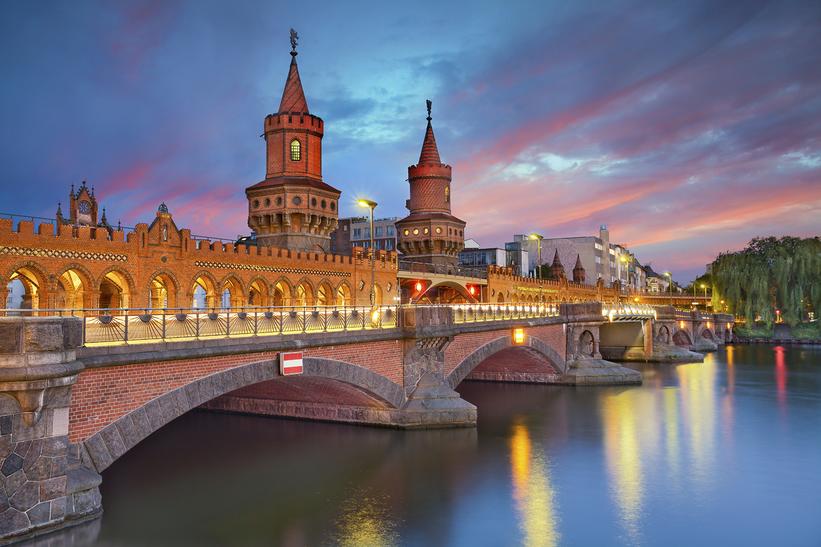
Regarding the scale of atrocities, the Holocaust’s magnitude, characterized by systematic genocide killing millions, contrasts with Japan’s Unit 731 experiments, which, while horrific, caused fewer direct deaths. This difference affects perceptions and responses in historiography and public memory.
Japan has issued several apologies over the years, but they often lack the perceived sincerity of German statements. This perception fuels international skepticism and hinders reconciliation.

- Germany’s post-war reckoning involved evolving public acceptance and proactive government leadership.
- Allied influence, including denazification and support for Israel, pressured Germany toward acknowledgment.
- Japan’s educational omissions and cultural emphasis on face-saving hinder full public confrontation of war crimes.
- Post-war occupation spared Japan’s emperor and military leaders from full accountability.
- Geopolitics and territorial disputes discourage Japan from formal reconciliations and open apologies.
- Japan’s apologies, while present, are often considered insufficient or insincere internationally.
Why Has Germany Accepted and Apologized for WWII Atrocities While Japan Has Not?
Germany has accepted and apologized for its WWII atrocities largely due to a powerful combination of evolving public awareness, government leadership, allied influence, and societal transformation, whereas Japan’s trajectory has been shaped by a mix of denial, political expediency, cultural factors, and geopolitical complexities.
Let’s unwrap this complex historical gift with care and curiosity. Why do these two nations, both deeply scarred by the Second World War, walk such different paths when it comes to acknowledging their past? Buckle up — this journey dives deep.
Post-War Awareness: From Denial to Acceptance
The contrasts begin with how each country’s people perceive their wartime history. In Japan, a curious blank spot exists. Japanese children historically receive little to no education about Japan’s wartime aggression. Stories like the infamous Unit 731 experiments, the Rape of Nanjing, or the use of comfort women are either unknown to most or outright denied by nationalist factions. The majority of contemporary Japanese surprisingly view themselves as victims—harshly recalling Hiroshima and Nagasaki but largely unaware of or ignoring their own role as aggressors. This selective amnesia significantly hampers national accountability.
Germany’s path wasn’t much easier at first. Initially, many Germans relegated the horrors of WWII to a handful of “bad Nazis,” distancing the average citizen from the crimes. The Holocaust was “known but not known” — an uncomfortable whisper behind closed doors rather than a voice demanding justice. However, a seismic change occurred in 1979, thanks in part to the American TV miniseries Holocaust. Suddenly, the Holocaust was no longer a taboo topic but a national reckoning. Over the next few decades, Germans broadened the scope of responsibility from Nazi elites to include wider society. Today, admitting and apologizing for the past is ingrained in German identity.
Government Leadership and Symbolic Gestures
Government attitudes make all the difference. In Germany, political leaders often showed greater willingness to confront the past than some segments of the public. Take Willy Brandt’s iconic moment in 1970—he knelt at a Warsaw memorial, a deeply symbolic act of asking for forgiveness. This kind of leadership did not happen overnight. It was part of a wider post-war effort to reconcile with Israel and Holocaust survivors, reflecting both moral reckoning and political alliances during the Cold War.
Conversely, Japan’s government took a route of calculated avoidance. General MacArthur, overseeing Japan’s post-war transformation, deliberately exonerated Emperor Hirohito from blame, shielding the nation’s figurehead to prevent national humiliation and societal collapse. This diplomatic move aimed to secure Japan as a stable Western ally in the Pacific. However, it had long-term side effects—by absolving the Emperor, it allowed Japan’s national consciousness to dodge direct responsibility for wartime atrocities. Government silence and occasional denialism persist, greatly impeding genuine reconciliation.
The Role of Allied Influence: Different Occupations, Different Outcomes
The Allied occupation strategies also diverged sharply. Germany underwent de-Nazification efforts but these programs were scaled back prematurely to preserve the new West German state’s stability. This intriguing paradox allowed many former Nazis to reintegrate quietly without facing full justice, yet the process still forced German society to wrestle publicly with Nazi crimes.
Japan’s Allied overseer had a far softer approach. MacArthur consciously avoided implicating the Emperor, letting much accountability fall on generals and ministers instead. Furthermore, dark chapters like Unit 731 became suppressed secrets. The U.S. struck deals with Japanese scientists, trading silence for access to biological warfare research. This cover-up ensured much of the horrific truth slipped from Japan’s collective memory.
Moreover, post-war demands for Japanese accountability were minimal. Unlike Germany, which had to answer to a broad international coalition including the Soviet Union, Japan’s punishment and reparations demands were largely one-sided and diplomatic, muffling public discourse about atrocities and preventing collective reckoning.
Geopolitics: Cold War and Beyond
Cold War dynamics rewrote the scripts of both nations, but with distinct twists. Germany, split into East and West, found itself ideologically locked between East and West blocs, and efforts to reconcile with victims of Nazi crimes aligned with broader Western alliances.
Japan, however, existed at the fault line of East Asia, tangled in tense relations with China and Korea—countries where both historical grievances and territorial disputes remain unresolved. Normalized relations with China were not established until 1972, decades after WWII ended, complicating any genuine apology. In fact, apologizing to neighbors is often viewed as a liability in Japan, a loss of “face” with political and social consequences.
Additionally, Japan’s cultural alignment with the West helped it sidestep Asian historical critiques. By framing its wartime narrative mainly as a U.S.-Japan conflict, Japan could diminish acknowledgment of continental atrocities and focus on rebuilding its modern, forward-looking identity aligned with Western powers.
Cultural and Societal Factors: Face, Free Speech, and the Royal Family
Japanese society’s emphasis on “face-saving” and collective harmony shapes its reluctance to admit shameful historic episodes. The trauma of fully confronting these crimes could provoke severe psychological effects within the population, including increased suicides, compounding the dilemma. Many Japanese might genuinely be appalled if fully informed, yet societal and governmental structures effectively keep these stories quiet.
Ironically, Japan allows more free speech on controversial topics than Germany, where Holocaust denial is criminalized. This openness paradoxically enables nationalist denial and revisionism in Japan, contributing to the persistent lack of collective atonement.
Another significant factor is Japan’s imperial family. Unlike Germany, which abolished its monarchy after WWII, Japan still reveres its Emperor, a figure deeply connected to WWII events. This ongoing symbolic reverence complicates efforts to accept full responsibility for wartime wrongdoings. There’s a well-founded belief that true apology from Japan might only come once the royal family’s political and symbolic power diminishes—something that seems distant at best.
The Scale of Atrocities and Their Impact on Memory
One might guess that Germany’s Holocaust, with its horrifying efficiency and scale, demanded a deeper reckoning compared to Japan’s atrocities. Unit 731’s direct human experimentation killed an estimated 3,000 to 15,000 people, with disease-related actions possibly causing up to half a million deaths—a staggering number, but still quantitatively less than the death tolls in extermination camps like Auschwitz. The Holocaust’s industrialized scale, systematic brutality, and long-lasting cultural impact propelled Germany towards more urgent reflection.
However, Japan’s atrocities remain equally horrific but less recognized, partly due to suppressed education and political narratives. Whether one remembers the millions affected or struggles with the statistics, the scale of brutality doesn’t automatically translate to public reckoning. Visibility, narrative control, and political will play a bigger role.
Perceptions of Sincerity: Why Japan’s Apologies Often Fall Flat
Japan has issued multiple apologies over the decades, but many are perceived internationally as insincere or evasive. Why? Because they often come with qualifiers, denials by political leaders, or are offset by ultranationalist rhetoric. This patchwork approach contrasts sharply with Germany, where official apologies tend to be unequivocal and have widespread public backing.
Sincerity is critical. A real apology requires acknowledging facts, responsibility, and commitment to restitution. Without public awareness and internal acceptance, apologies risk being mere diplomatic gestures. Germany’s long, painful process of engagement has built credibility over time. Japan’s more uneven journey leaves many victims and observers doubting its full commitment to facing the past.
What Can Be Learned? Moving Toward Genuine Reconciliation
This comparison reveals a harsh truth: apology and acceptance isn’t merely about facts but how nations process history through education, culture, politics, and global context. Germany’s model shows that change can happen, although it is slow and fraught. Japan’s situation is complicated by cultural nuances, geopolitical tensions, and unresolved national narratives.
Could Japan follow Germany’s path someday? Perhaps. It may require:
- Broader public education on wartime atrocities, lifting the veil of ignorance.
- A frank government stance addressing contentious issues like the role of the Emperor and comfort women without equivocation.
- International diplomatic pressure that recognizes geopolitical realities but encourages ethical accountability.
- A societal shift embracing reconciliation as a strength rather than humiliation.
For now, Japan’s impasse remains a profound historical and moral puzzle, blending painful memories with present-day political calculations.
Final Thoughts: Why This Matters Today
Why care about history and wartime apologies? Because how nations deal with their darkest chapters shapes global trust and cooperation. Germany’s willingness to face its past laid a foundation of stability, alliances, and moral leadership in Europe. Japan’s ambivalent stance continues to fuel regional mistrust and diplomatic tension.
We can’t rewrite history, but we can learn from how it’s remembered. Healing demands truth and accountability, which sometimes means looking unflinchingly in the mirror—even when it is uncomfortable.
“The past is never dead. It’s not even past.” – William Faulkner
So, why has Germany accepted and apologized for WWII atrocities while Japan has not? Because Germany’s slow but steady embrace of historical responsibility contrasts with Japan’s combination of denial, cultural face-saving, political expediency, and geopolitical realities that inhibit honest confrontation. Each nation’s journey reflects a complex web of historical, social, and political threads woven over decades.
What’s your take? Can cultural and political factors be overcome in pursuit of collective healing? Feel free to dive into this tangled tapestry and share your thoughts.
